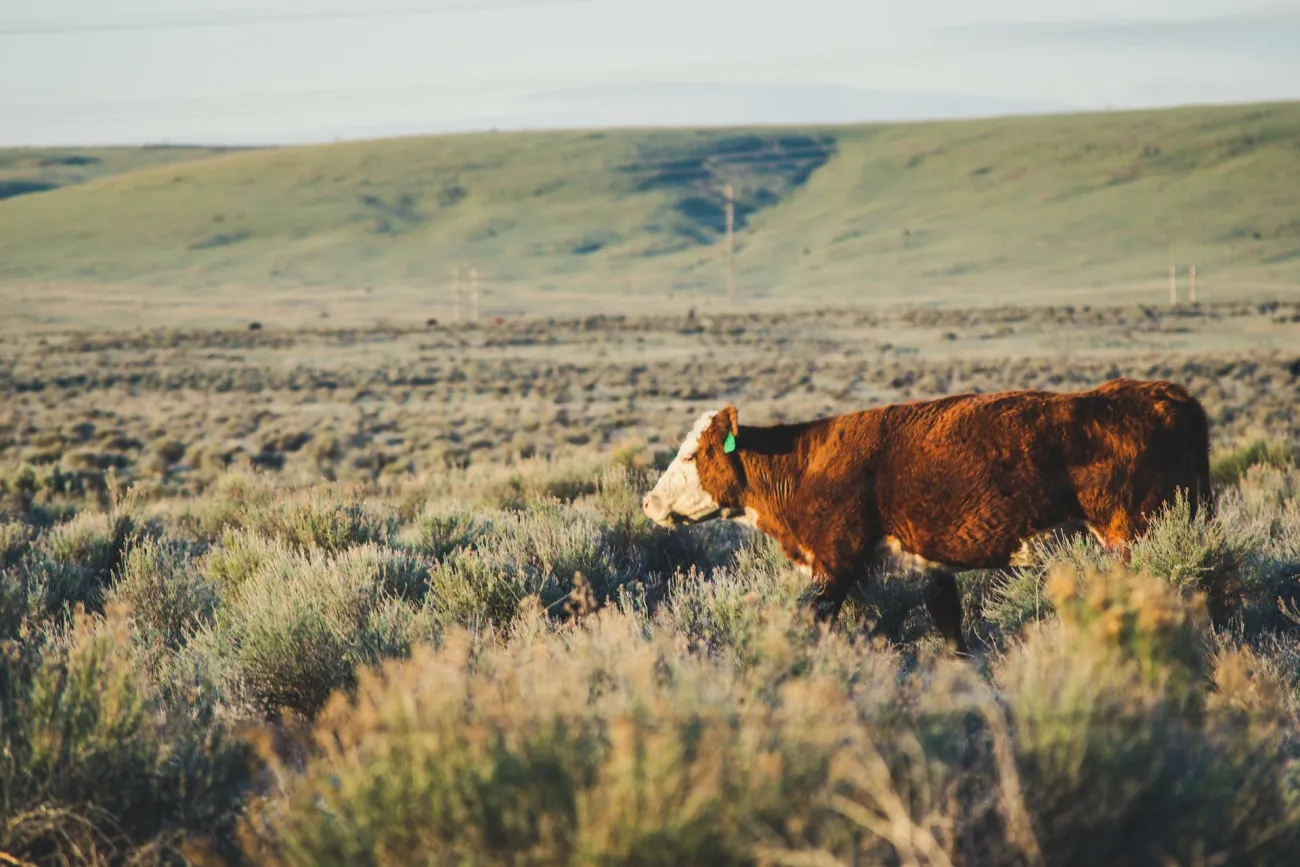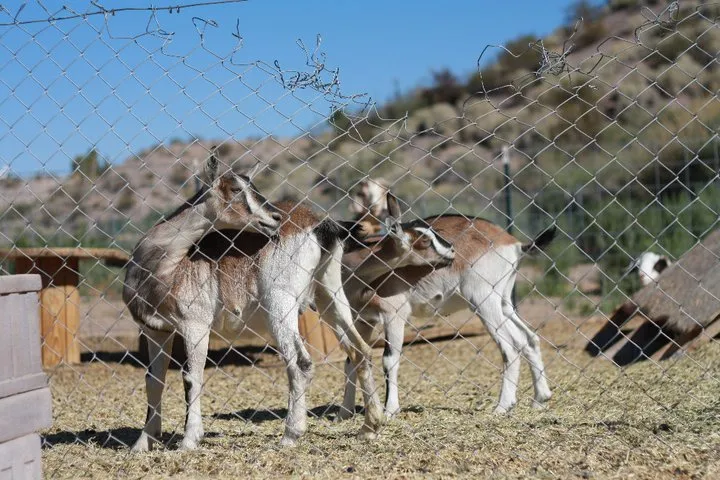This paper analyses the narratives linking meat and the environment that were found in 116 articles from eight online news outlets in the UK during 2019. It found that anti-meat narratives are most common: 54% of articles had anti-meat-consumption sentiments, while only 5% were mostly in favour of meat consumption or against a shift to plant-based diets; the remaining articles were neutral or contained mixed arguments. Sentiment varied by farming type: less than 10% of articles were against meat in general; 28% were against industrial farming but favoured more sustainable methods; and the remainder were neutral or balanced, with no articles being generally in favour of the meat industry. The eight news outlets studied were the BBC, the Guardian, MailOnline, Sky News, the Sun, the Mirror, LAD Bible and BuzzFeed.

Abstract
Previous scholarship suggests that elite media have tended to pay little attention to the adverse environmental impacts associated with meat consumption and production. Through content analysis of 116 articles from 2019, published on eight popular online news sites consumed by a wide range of demographics in the UK, including lower-income groups (the sector most likely to eat meat), we identify common anti-meat and pro-meat environmental narratives, solutions and recommendations, and the dominant sentiment towards both meat consumption and production. We observed a significantly greater presence of anti-meat consumption and/or production narratives than pro-meat. Over half the articles showed anti-meat consumption sentiment, with only 5% predominately in favour. 10% were against unspecified or industrial production practices, 28% were against industrial-scale farming but supported sustainable methods; and none were entirely in favour of the meat industry. These findings are reflected in the dominant recommendation, present in over 60% of articles, to eat less meat. Our results add substantially to previous media research, particularly showing the increased volume of coverage of the meat-environment nexus, varying levels of contestation around meat eating, and the division of responsibility between consumers and industry.
Reference
Mroz, G. and Painter, J., 2022. What do consumers read about meat? An analysis of media representations of the meat-environment relationship found in popular online news sites in the UK. Environmental Communication, pp.1-18.
Read the full paper here. See also the TABLE explainer Focus: the difficult livestock issue.




Comments (0)